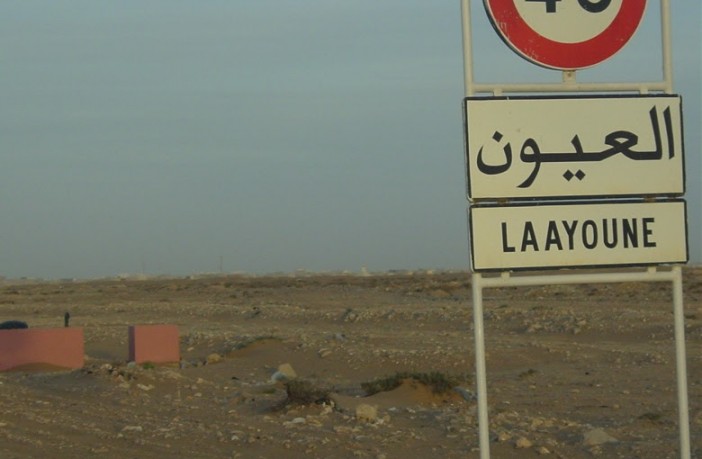The National Interest
by Ahmed Charai
The legendary Sahara covers a vast stretch of northern Africa, and includes a 100,000-mile expanse that is the southern half of my homeland, the Kingdom of Morocco. Regrettably, this stretch of land is also home to one of the longest enduring, and perhaps the most uselessly destructive, conflicts on the continent.
Forty years ago this week, 330,000 of my fellow citizens reclaimed the Moroccan Sahara from its Spanish occupiers, firmly but peacefully, in what has become known as the “Green March”: the only movement of national resistance against European imperialism to be waged successfully without a drop of blood. Alas, fascist Spain had already managed to sow the seeds of violence in the territory before its withdrawal.
In the latter years of its imperialist adventure, the Spanish government created a separatist movement of indigenous collaborators, the “Polisario,” to lay claim to every inch of the Moroccan Sahara. In 1975, the group initially eschewed any attempt to counter the “Green March.” But the military government in Algiers subsequently began to fund, train and arm a generation of Polisario fighters—aligned at the time with the Soviet Union and seeking to bleed pro-American Morocco, it found in the group a willing proxy.
Polisario guerrillas fought a devastating 15-year war with Morocco, enabling oil- and gas-rich Algeria to weaken the oil-poor kingdom at little cost to itself.
Tensions endure through a low-intensity conflict, that continues today. More than a generation since the demise of Algeria’s Soviet patron, the Polisario still serves the junta as a convenient foil: the regime adopts the familiar technique of deflecting domestic corruption and human rights abuse on a foreign bogeyman by spreading conspiracy theories about Morocco.
For example, in much of Algeria’s state-dominated media, Moroccan intelligence agents are alleged to be supplying Algerian youth with drugs and fomenting civil strife inside the country. Morocco’s progress in democratic development and civil society, meanwhile, are obscured or dismissed.








